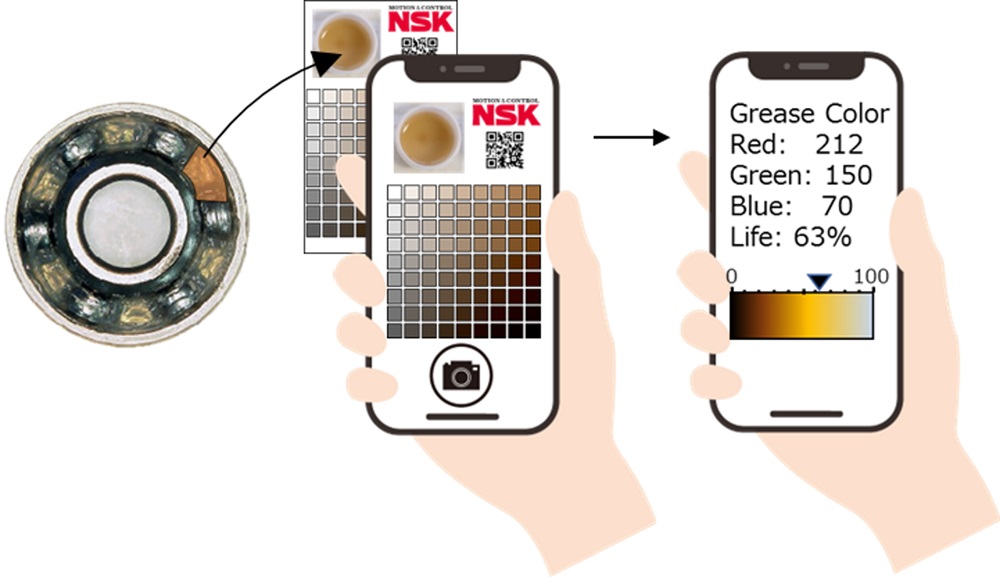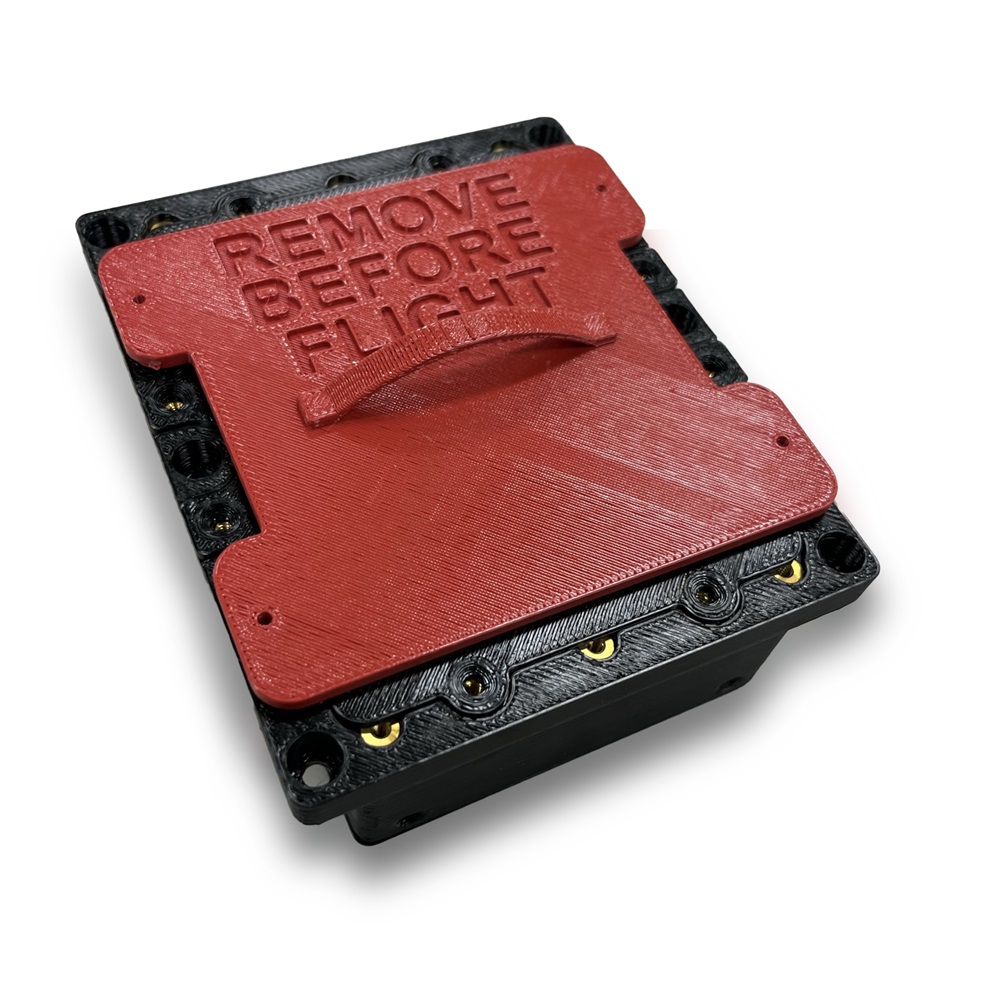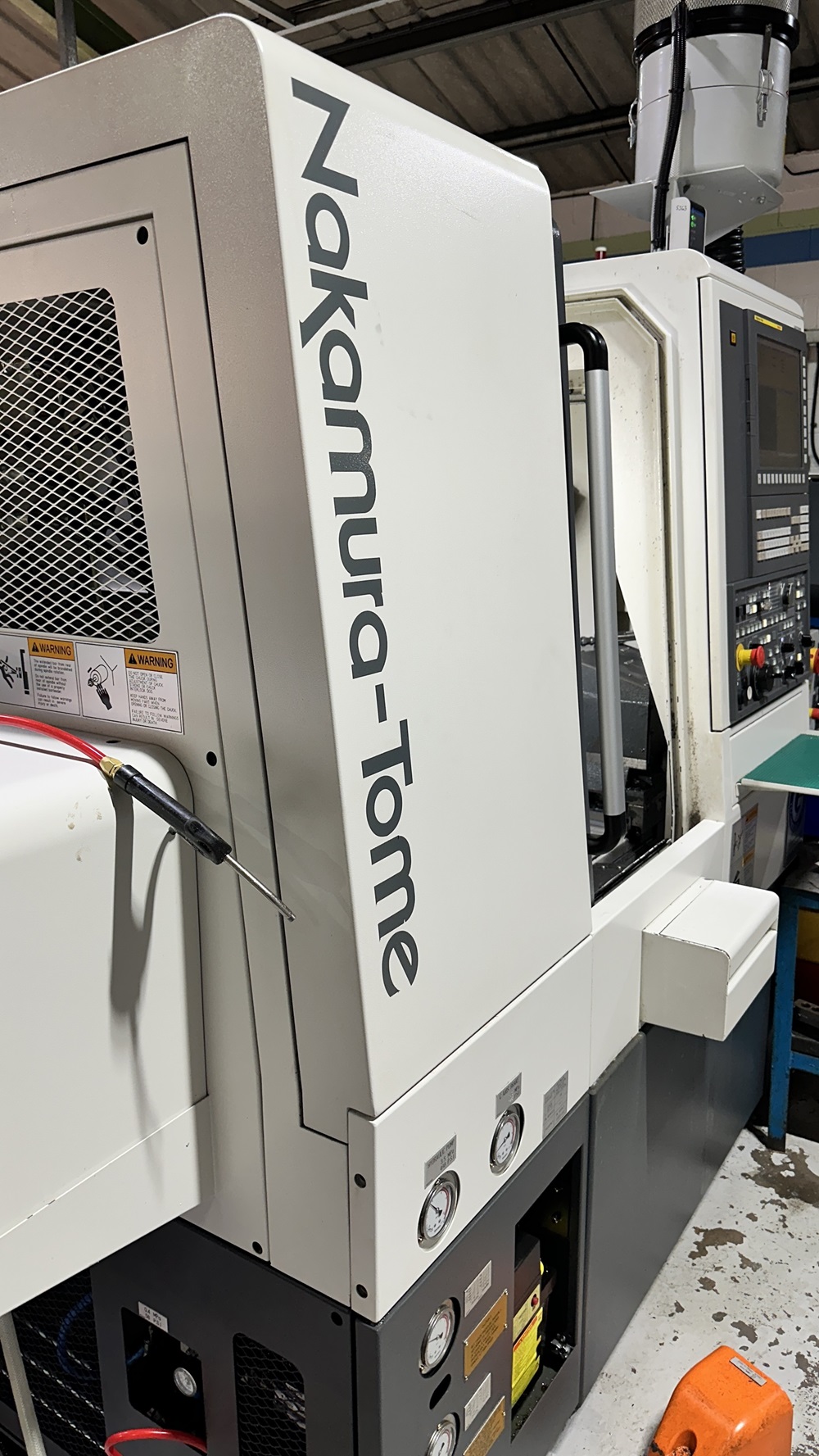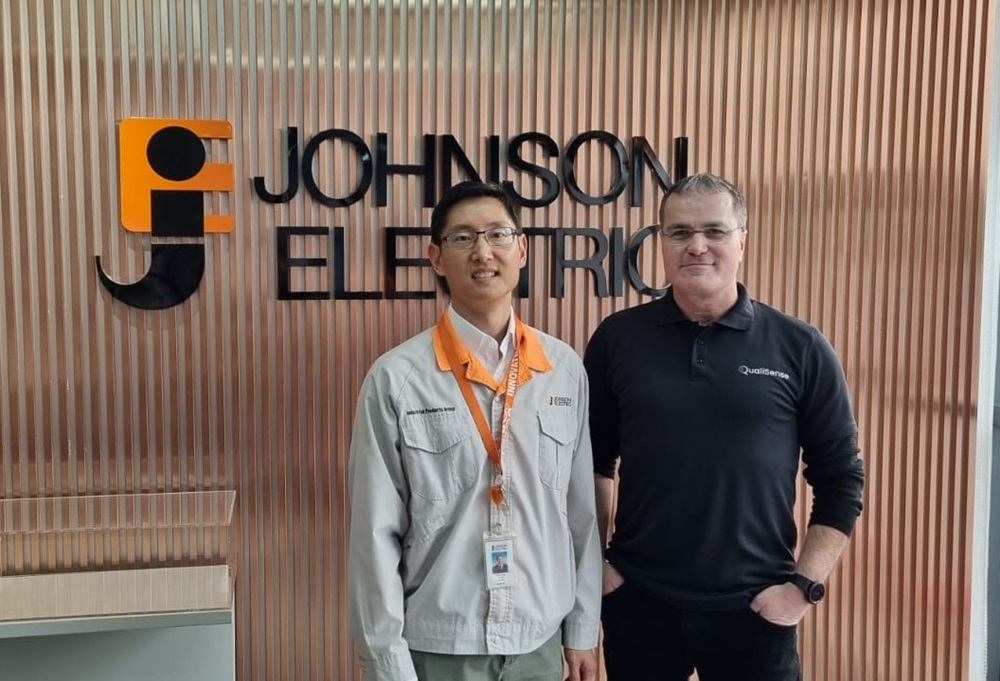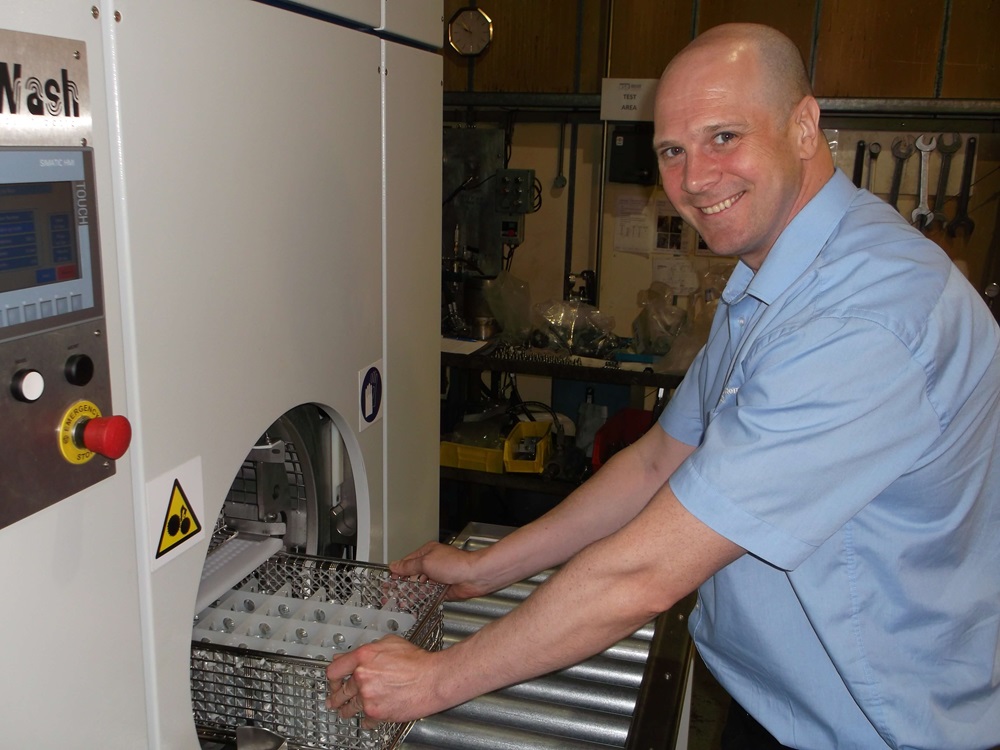Finding a manufacturer with its own museum is unusual to say the least, but such is the passion for manufacturing at Helical Technology that the company has a locomotive, a Red Arrow and a Bluebird replica among other artefacts at one of its four facilities. This passion for manufacturing, precision and quality is why the company has added yet another Nakamura-Tome turn-mill centre from the Engineering Technology Group (ETG) to its plant list.
Established by James Morris in 1962, the family business is a manufacturer of valve rotators used in the marine, locomotive, mining, automotive and power generation sectors. The Lytham-based company undertakes the complete design, manufacture, assembly and testing of its products, which also include prototype exhausts for high-performance vehicles and actuators for leading OEMs worldwide.
Helical’s valve rotator division was founded in 1987, today producing more than 120 different assemblies. The company expects to complete over 4 million such assemblies in 2023, making a sizeable contribution to Helical’s circa £35m turnover. Large volume production is conducted off-site, with volumes up to 1000-off produced at Lytham. It is here that Nakamura-Tome machines from ETG are delivering results.
The machine shop has 21 turning centres that include both single- and twin-spindle machines with some Y-axis capability to produce components from 16MnCr5 steel. The turning centres comprise a multitude of different brands, but when one of the largest and most prestigious brands in the world let the company down badly, Helical turned to ETG and its Nakamura machines. The company started with a Nakamura-Tome WT150II in January 2020 and built upon its success with a second WT150II and then a NTY3-100 twin-spindle, triple-turret machine.
“The difference with the WT150II compared with existing machines was like night and day,” recalls operations manager Chris Waddington. “The cycle times were 5-10% faster than the other leading machines that we had, but it was just everything else about the machine. The Nakamura was more stable, robust, user-friendly, and easy to set-up and use. So, we bought a second machine and added to it with the NTY3-100. We have some of the most productive machines in the industry, but the NTY3-100 instantly took 20-25% out of our cycle times.”
With floor space at a premium, the company followed its initial purchases with a smaller Nakamura AS200LMSY and, earlier in 2023, followed up with another Nakamura: the AS200MYS.
Production manager Jonathan Rigby says: “We had an ageing single-spindle, single-turret machine that was having reliability issues. The machine got to a point where instead of laying out on an expensive repair, we bought the Nakamura AS200MYS. The purpose was to accommodate our billet work while utilising our other machines for production runs. We wanted a compact, robust and highly productive solution and once again ETG delivered.”
Purchased to machine a family of steel valve rotator parts, typically in volumes from 200 to 2000-off, the company manually loads billets into the Nakamura AS200MYS ready for turning and heavy-duty milling. Component reloading takes place to facilitate secondary finishing operations.
“The outgoing machine was a larger footprint than the Nakamura and it had a barfeed that we didn’t need,” explains Rigby. “We wanted a compact, heavy-duty machine with a spacious work area and the Nakamura AS200MYS has certainly provided that.”
From a performance perspective, the Nakamura AS200MYS has accelerated productivity, as Rigby confirms: “The typical cycle time is 6 minutes per set-up and the Nakamura is improving our productivity by at least 15-20% compared with its predecessor. The kinematics of the machine are reducing travel and ‘fresh air’ cutting, which is shaving at least a minute off the cycle time. With the number of parts going through the Nakamura, it adds up to a major reduction. We achieve this saving through heavier cutting cycles that are credit to the rigidity and stability of the AS200MYS. With regard to milling cycles, we’re witnessing a massive reduction in cycle times. On one sleeve part we can now take a 5 mm depth of cut compared with 3 to 4 mm on the previous machine.”
He continues: “There’s less deflection and vibration, and we see a great improvement in our surface finishes. We can machine straight in at 5 mm depth of cut with no need for a finishing pass; the stability and performance of the Nakamura are that good. Although we haven’t undertaken a tool life feasibility study on this machine, we know we can produce more parts per tool and this is undoubtedly reducing our tooling consumption and costs.”
Discussing the service that Helical receives from ETG, Rigby concludes: “When our old machine was beyond repair, we needed a replacement urgently. With a short delivery lead time on the Nakamura AS200MYS, ETG loaned us a Vulcan turning centre as a stop-gap. ETG are very supportive and will always endeavour to support our business in every way possible.”
For further information www.engtechgroup.com






